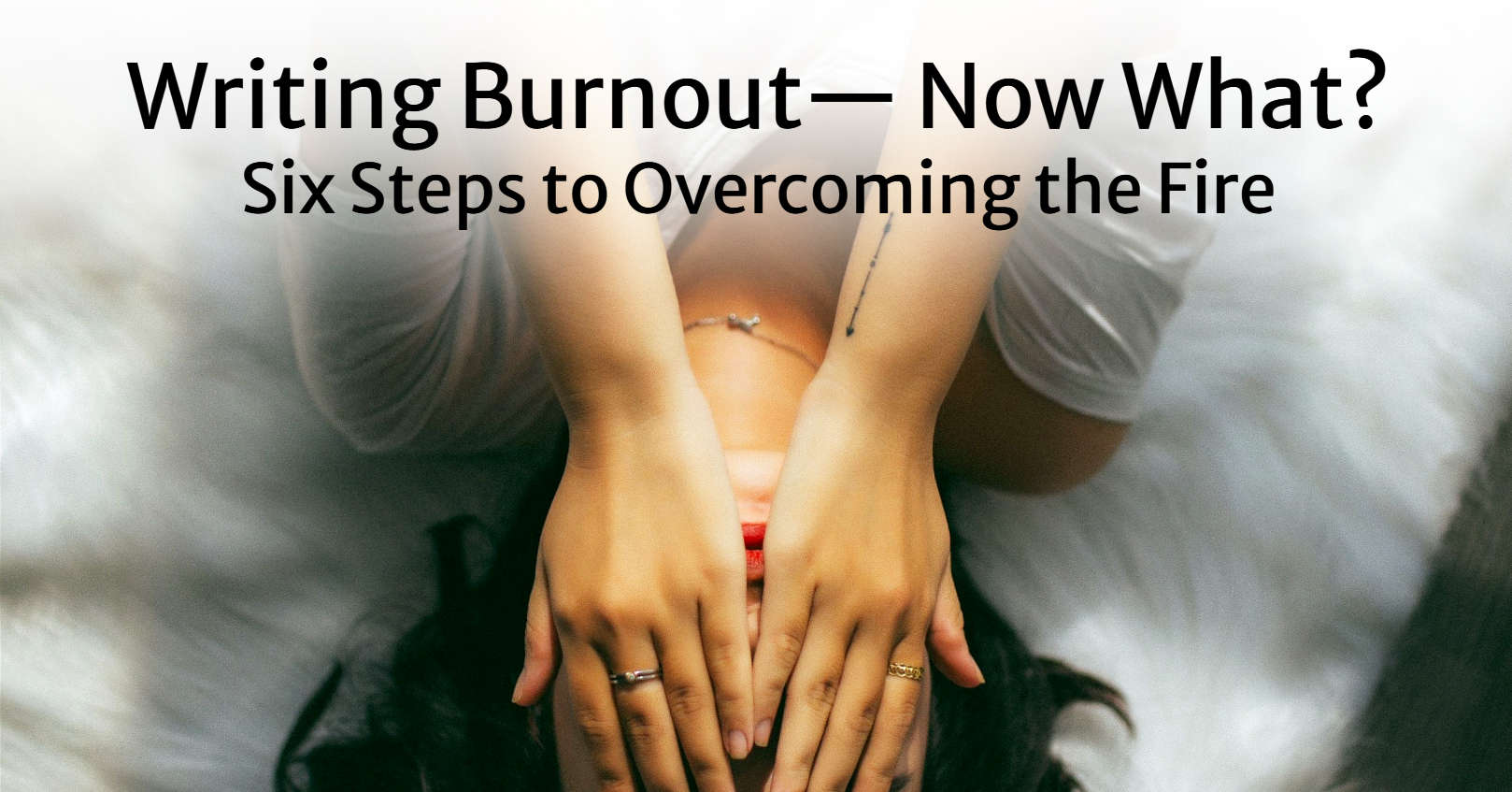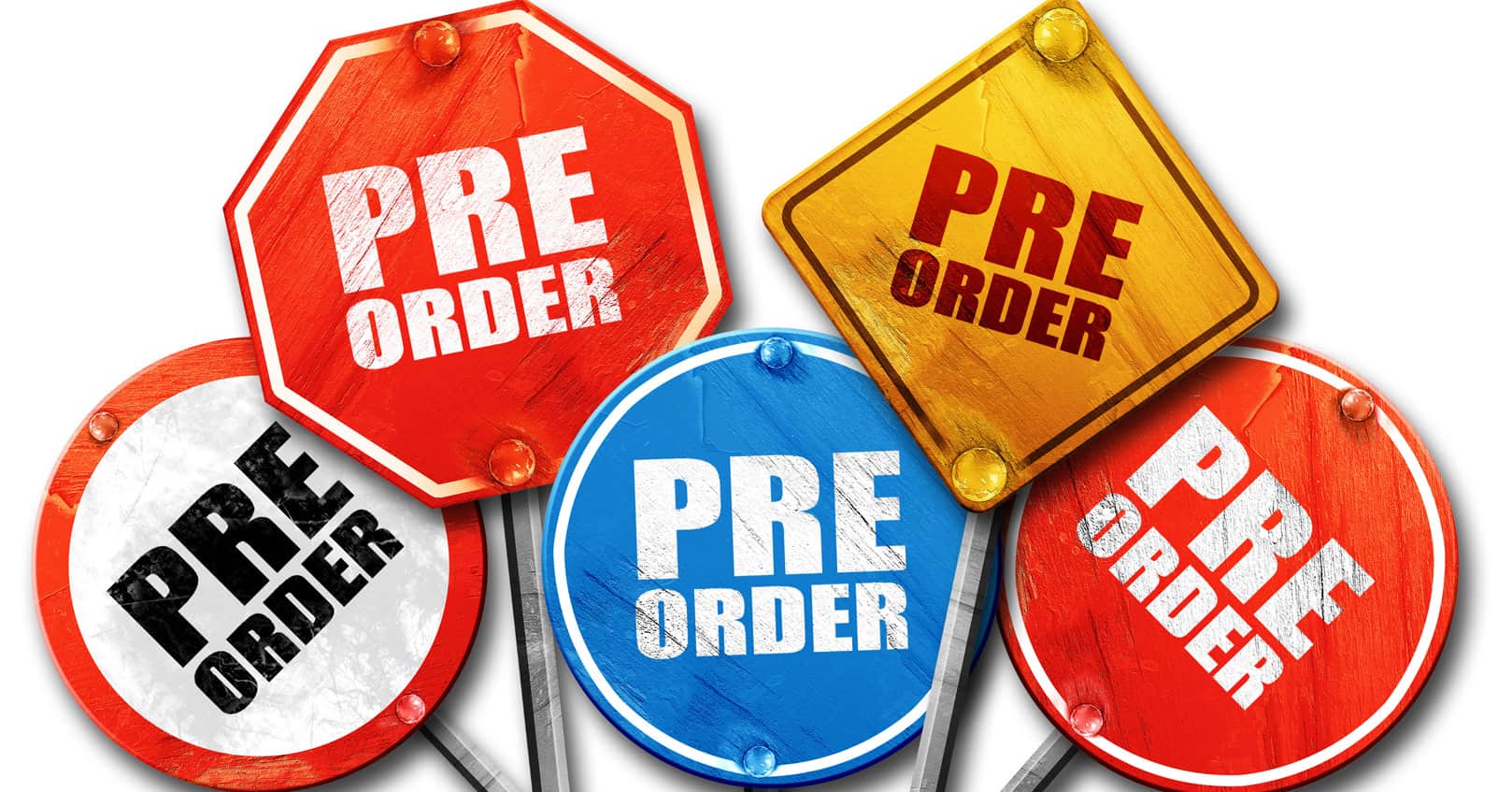
Burnout is a very real malady that affects many working people, and authors are no exception. Serious authors, including those hailed as prolific, can face writing burnout. If you’ve ever had trouble writing and your usual tricks don’t get you back on track, you might be suffering not just from a simple case of writer’s block but full-blown writer’s burnout. I know because it happened to me.
And I overcame it by telling myself a lie. Or rather, a story. After all, that is what I am—a storyteller.
For twenty-six years I wrote three or four full-length novels a year while raising seven children. No wimpy short books or novellas for me. I never, ever had writer’s block. When would I have time? Writing was my relief. I became a master at multi-tasking, able to write a touching scene while making a dentist appointment or sitting on hold for an insurance issue. I wrote even better with no sleep and kids crawling over me.
No big deal. The words and books flowed.
Cures for Simple Writer’s Block Hiccups
Yet as the years past, I became a little more grumpy at interruptions. At times I was less excited about making my daily goal. At first this was solved by a jar of peanut M&Ms next to my computer and a rededication to my daily goal. Or a weekend sewing Halloween capes for the kids, even though I didn’t really sew.
Later my writing hiccups were solved by a day of research, or binge-watching an entire season of 24, Babylon 5, or Stargate. A weekend away or a night out with the girls were also great ways to get back on track. When I would push through without these diversions, my body would often rebel by crashing into some fever or other sickness for a few days after finishing a book, which oddly enough had the same effect as a weekend off. I wrote through babies, school fieldtrips, first dates, family visits, graduations, marriages, grandbabies, and everything else. It was easy and fun. Like breathing.
Writing Burnout
Then over a few months, it became increasingly hard to make myself get to the computer. I even wrote a few novellas, but the wonder that writing once was had vanished. I no longer cared what my characters were doing. I didn’t want to know their endings or beginnings. I didn’t care about word goals or the fact that my readers were waiting for more books. I didn’t feel the same sense of achievement when I finished a book, even if I was told it was a better story than the last. The idea of writing was no longer compelling or fun.
Then came the weekend off that turned into a month, and then two. Days slipped by and still no writing, though sometimes I’d sit at the computer and do work that had nothing to do with writing. Finally, I began to wonder what the point of writing stories was anyway. And through it all, I desperately missed the joy writing had once brought me.
I had serious burnout.
Classic Symptoms of Burnout
- Lack of motivation (to do anything).
- General feeling of unhealth.
- Spending hours doing something that should take a few minutes.
- Wasting too much time on social media or watching TV.
- Preferring to be alone.
- Feeling tired all the time.
- Things that once brought joy no longer do.
- Inability to sit down and actually write a book.
I had all the symptoms. Something definitely had to be done!
Six Steps to Overcome of Writing Burnout
The good news is that you can turn burnout around. Yes, some of the steps are the same as with regular writer’s block, but a few tricks makes the whole cure work. Because just pushing through might work for writer’s block, but it won’t work as well for burnout. Here’s what I did, and what I still do if I feel burnout creeping up on me.
- First, think about your story without actually going to the computer. Tell yourself you’re just going to think about your characters. That jump-started my imagination without the pressure.
- Research your story, even things you don’t need to research. Block out a certain amount of time to do this, and it will sparks great ideas.
- Talk to your readers about your stories. This helps you see that they are still excited about your characters and need you to finish. Family and friends can also help you talk concerns through.
- Help other authors with their stories. It’ll remind you of how fun writing can be.
- Then, and this is the most important step, tell yourself a story. Say you’re going to going to edit a bit of your book. Then maybe write a paragraph or two. Do this for a block of time each day. When I did this, more paragraphs slipped out. Even when the writing bug eventually takes over, make yourself stop while you still want to write.
- Continue editing and writing little by little until your writing habit reforms. A little writing goes a long way. Four hundred words a day still means 12,000 a month. It isn’t a book every three months, but it eventually gets the job done, and slowly the habit grows again.
More Important Steps
Don’t forget to also do these important steps that are necessary for writing regardless of where you are on the burnout scale.
- Make sure to get enough hours of sleep (to really rest, that means putting down your phone/computer at least an hour before bedtime and going to bed before midnight).
- Get enough healthy food to fuel your brain.
- Get up and move at least fifteen minutes a day, even if it’s just walking around your kitchen island.
I’m several months out now and back to my 2,000 daily word goal. Now if I write more words one day, I quit early another day. I make sure to take breaks. And the joy is back!
Have you ever suffered from writing burnout? What did you do? I would love to hear from you in the comments below. You can also read more about writing burnout here.
















Comments